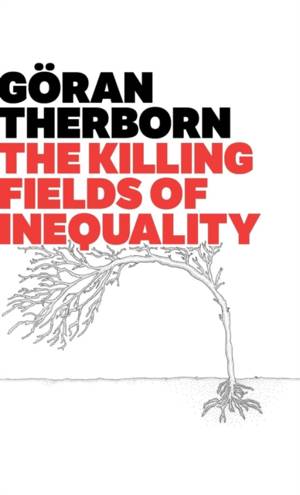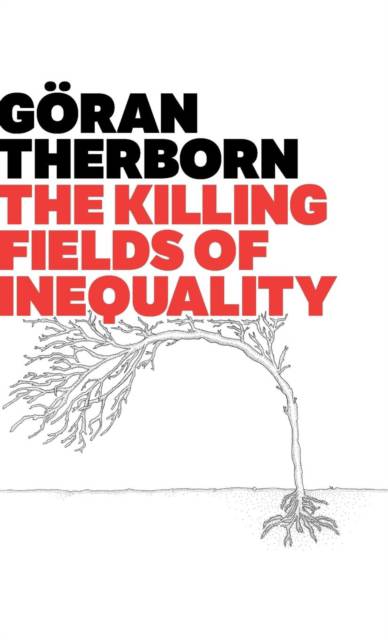
- Afhalen na 1 uur in een winkel met voorraad
- Gratis thuislevering in België vanaf € 30
- Ruim aanbod met 7 miljoen producten
- Afhalen na 1 uur in een winkel met voorraad
- Gratis thuislevering in België vanaf € 30
- Ruim aanbod met 7 miljoen producten
Omschrijving
Inequality is not just about the size of our wallets. It is a socio-cultural order which, for most of us, reduces our capabilities to function as human beings, our health, our dignity, our sense of self, as well as our resources to act and participate in the world. This book shows that inequality is literally a killing field, with millions of people dying premature deaths because of it. These lethal effects of inequality operate not only in the poor world, but also, and increasingly, in rich countries, as Therborn demonstrates with data ranging from the US, the UK, Finland and elsewhere. Even when they survive inequality, millions of human lives are stunted by the humiliations and degradations of inequality linked to gender, race and ethnicity, and class.
But this book is about experiences of equalization too, highlighting moments and processes of equalization in different parts of the world - from India and other parts of Asia, from the Americas, as well as from Europe. South Africa illustrates the toughest challenges. The killing fields of inequality can be avoided: this book shows how.
Clear, succinct, wide-ranging in scope and empirical in its approach, this timely book by one of the world's leading social scientists will appeal to a wide readership.
Specificaties
Betrokkenen
- Auteur(s):
- Uitgeverij:
Inhoud
- Aantal bladzijden:
- 212
- Taal:
- Engels
Eigenschappen
- Productcode (EAN):
- 9780745662589
- Verschijningsdatum:
- 23/12/2013
- Uitvoering:
- Hardcover
- Formaat:
- Genaaid
- Afmetingen:
- 145 mm x 218 mm
- Gewicht:
- 408 g

Alleen bij Standaard Boekhandel
Beoordelingen
We publiceren alleen reviews die voldoen aan de voorwaarden voor reviews. Bekijk onze voorwaarden voor reviews.











